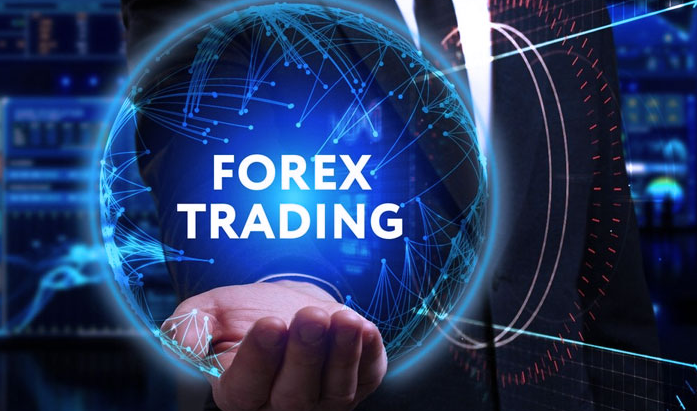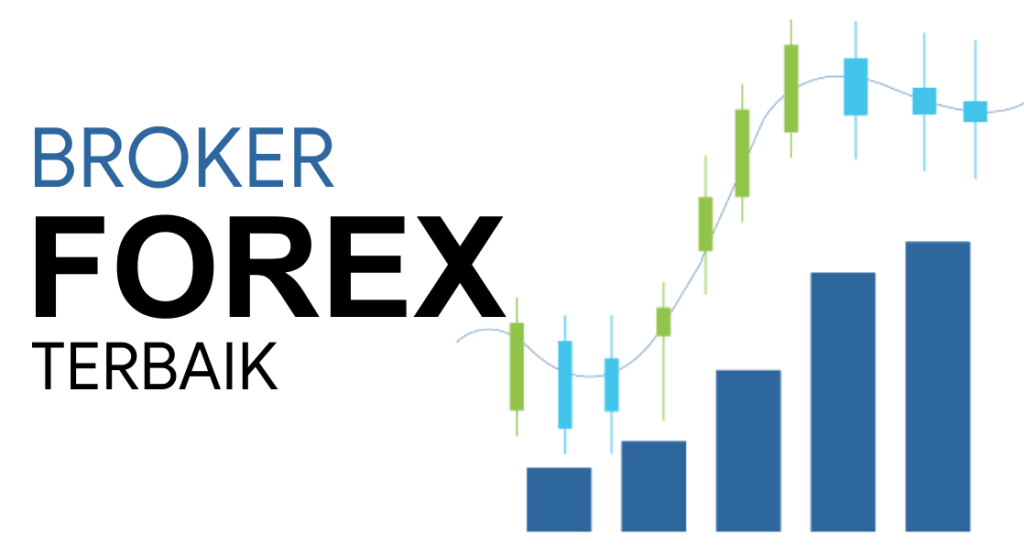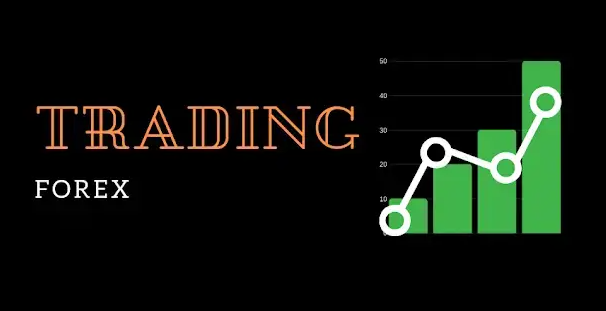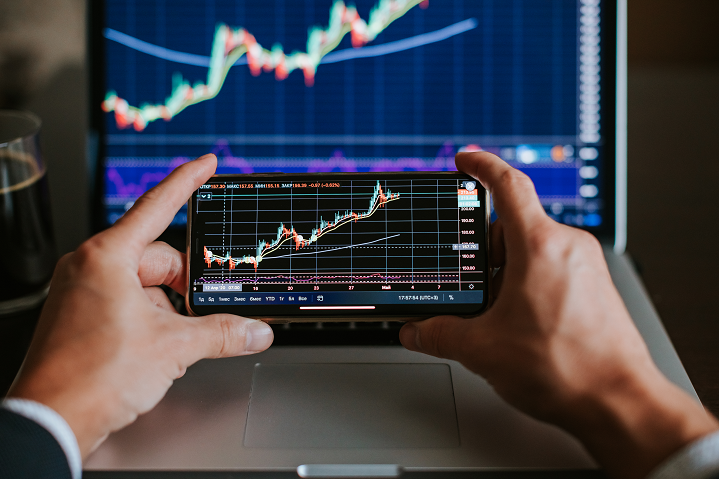In this in-depth guide, we will explore the fascinating world of forex trading and its various aspects. We will delve into its uses, benefits, and some of the risks involved. So, let’s dive right in and learn more about forex trading!
Understanding Forex Trading
Forex trading, short for “foreign exchange trading,” is the process of buying, selling, and exchanging currencies in the global market. The primary goal of forex is to make a profit from fluctuations in currency exchange rates. The forex market is decentralized, meaning there is no central exchange or clearinghouse. Instead, trading takes place directly between buyers and sellers across a vast, interconnected network of computers.
Why Engage in Forex Trading?
There are several reasons why forex trading is popular among traders. First, the forex market operates 24 hours a day, 5 days a week, allowing traders to participate at any time that suits their schedule. Additionally, the market is highly liquid, with a daily trading volume exceeding $6 trillion, making it easy for traders to enter and exit positions quickly. Furthermore, forex offers low transaction costs and the ability to use leverage, making it an attractive option for both beginners.
Getting Started in Forex Trading
To start forex , you’ll need to open an account with a forex broker. This will provide you with access to the trading platform and market data necessary for trading. When selecting a broker, consider factors such as the available trading platforms, fees, customer support, and regulatory oversight. Once you’ve chosen a broker and opened an account, you can start exploring the platform, practicing with a demo account.
Creating a Successful Trading Strategy
A winning forex strategy typically involves a combination of technical analysis, fundamental analysis, and risk management. Technical analysis involves studying price charts to identify patterns and trends, while fundamental analysis involves examining economic indicators and news events that can affect currency values. Lastly, risk management is crucial to protect your trading capital and ensure long-term success. This includes setting stop-loss orders, managing position sizes, and regularly reviewing your trading performance.
Understanding the Risks and Challenges of Forex Trading
While forex can be a profitable endeavor, it’s important to be aware of the risks and challenges involved. Some of these risks include market volatility, which can lead to rapid fluctuations in currency values, and the use of leverage, which can amplify both profits and losses. Moreover, forex can be emotionally challenging, as traders must remain disciplined and manage their emotions during periods of stress or market turbulence.
Regulation and Legal Considerations in Forex Trading
Forex is regulated by various financial authorities worldwide. These regulatory bodies ensure that forex brokers adhere to strict guidelines regarding financial stability, client fund protection, and fair trading practices. Before choosing a forex broker, it’s essential to ensure that they are licensed and regulated by a reputable financial authority. Trading with a regulated broker provides additional protection and peace of mind for traders.
Conclusion and Suggestion
In conclusion, forex trading offers numerous opportunities for traders to profit from the global currency market. However, it’s crucial to approach forex with caution and develop a solid trading strategy that incorporates technical analysis, fundamental analysis, and risk management. Additionally, it’s vital to select a reputable and regulated forex broker to ensure a safe and secure trading environment.
As a suggestion, if you’re new to forex , start by practicing with a demo account before risking real money. This will allow you to familiarize yourself with the trading platform, develop your trading skills, and test your strategy without the pressure of real losses. Remember, forex is a skill that takes time and patience to master, so be prepared to invest the necessary effort to achieve long-term success.







